Co-creation for policymakers: an introductory course
Co-creation for policymakers: an introductory course
How could we create better policies that are more relevant to the needs of citizens and society? This course will explore the concept and application of co-creation and design methodologies in the context of policy design.
Course description
This introductory course will explore the different aspects of co-creation, and highlight the concrete assets that active public engagement can bring to policy design. Especially tailored to those working in the field of policy-making, the programme will of course be open to everyone eager to discover this methodology and its implementation.
This work is licensed under a Creative Commons Attribution-NonCommercial-NoDerivatives 4.0 International License, except where stated otherwise.
Total workload of the course: 8 hours


This project has received funding from the European Union’s Horizon 2020 Research and Innovation programme under grant agreement No 788217.
Over the past 2 years, the EU-funded project SISCODE has been exploring the application of co-creation methodologies in policy design to bridge the gap between science, society and innovation. This online course gathers the results of a global analysis, combining a pan-European wide study of co-creation ecosystems and an experimentation of this methodology in real-life contexts within 10 co-creation labs.
Intended Learning Outcomes
By actively participating in this MOOC, you will achieve different intended learning outcomes (ILOs).
-
Question current policy-making practices and their limitations and recognise the potential of co-creation
ESCO S1.2.4: advocating for individual or community needs
-
Understand the concept of human-centred design
ESCO S1.7.2: engaging with others to identify needs
-
Examine service design methodologies when applied to policy-making
ESCO: plan social service process
-
Explain the importance of problem framing
ESCO S1.9: solving problems
-
Experiment different stakeholder engagement methods
ESCO S1.8.0: working with others
-
Identify the characteristics of prototyping and apply its methods to a specific challenge
ESCO S1.0: communication, collaboration and creativity
-
Evaluate a co-creation process and ensure the sustainability of its outcomes
ESCO: manage government policy implementation
Prerequisites
No prerequisite knowledge is required.
Activities
Over and above consulting the content, in the form of videos and other web-based resources, you will have the opportunity to discuss course topics and to share ideas with your peers in the Forum of this MOOC.
Section outline
-
-
This module offers a practical and theoretical introduction to design applied to public policymaking. It explores the fundamentals of design thinking, effective leadership in the creative process, and the benefits of co-creation. Through human-centred approaches, co-design activities, and real-world case studies, participants will learn how to tackle complex "wicked problems" by developing innovative and participatory solutions.
-
This module explores the application of human-centred design in the public sector, focusing on fostering a design-driven organisational culture and embedding innovation in policymaking. You will examine real-world examples such as Inland Design and the co-design of an HR chatbot personality. The module concludes with practical insights into using service design to support effective policy implementation.
-
This module introduces the fundamentals of problem framing and its role in co-creation. Through practical tools and a real-world case study, participants will learn how to engage stakeholders effectively in defining and understanding complex problems.
-
This module explores the core values and tools of prototyping in policymaking, with a focus on circular transitions and collaboration with regional authorities. It highlights the evolving role of policymakers in supporting experimentation. Real-world examples from Fab Labs, Living Labs, and ECSITE showcase how labs act as ambassadors of prototyping culture.
-
This module focuses on the transition from prototypes to real-world implementation in the public sector. It introduces a Silicon Valley mindset to problem-solving, along with strategies for monitoring, assessment, and long-term sustainability. Participants will explore how design leadership supports the co-creation of effective, lasting solutions.
-
-
Bibliography Page
-
Assessment
Your final grade for the course will be based on the results of your answers to the assessed quizzes. You have an unlimited number of attempts at each quiz, but you must wait 15 minutes before you can try again. You will have successfully completed the course if you score a total of 60% (or higher) in each of the assessed quizzes.
The maximum score possible for each quiz is given at the beginning of the quiz. You can view your score in the quiz on your last attempt or on the 'Grades' page.
Certificate
You can achieve a certificate in the form of an Open Badge for this course, if you obtain, at least, 60% of the total score in the graded quizzes and by filling in the final survey.
Once you have completed the required tasks, you will be able to access ‘Get the Open Badge’ and start issuing the badge. Instructions on how to access the badge will be sent to your e-mail address.
The Badge does not confer any academic credit, grade or degree.
Information about fees and access to materials
You can access the course absolutely free of charge and completely online.
Course faculty

Tedora Aibu
Teacher
Tedora is a project analyst from Portugal with background in biology and international cooperation and development. As part of the exploitation team in SISCODE, Tedora works in the development of strategies for the sustainability and exploitation of SISCODE project results that contribute to the implementation of new and long-term solutions for societal challenges.
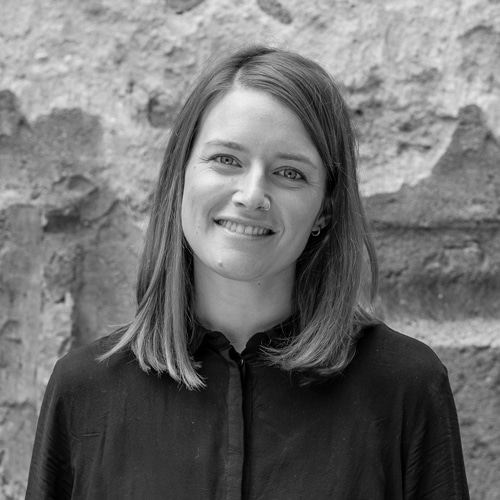
Kate Amstrong
Teacher
Kate Armstrong is a research led creative worker, focused on the human condition using interdisciplinary methodology at the intersection of design, visual representation and storytelling to produce projects which range from event series to online communities. She has been the program manager of several companies focused on circular economy adoption and she is now the program manager of the Fab City Global Initiative at IAAC in Barcelona.

Christian Bason
Teacher
Christian Bason is CEO of the Danish Design Centre. His role is to set the strategic direction for the organisation, and to govern the most demanding initiatives and activities. From 2007 to 2014, he was Director of MindLab, the Danish government’s innovation team. Christian is a leading international authority on design, innovation and leadership in business and government. He is the author of seven books, most recently Leading Public Design (2017), Form Fremtiden (Shape the future; 2016), Design for Policy (2014) and Leading Public Sector Innovation (2010).
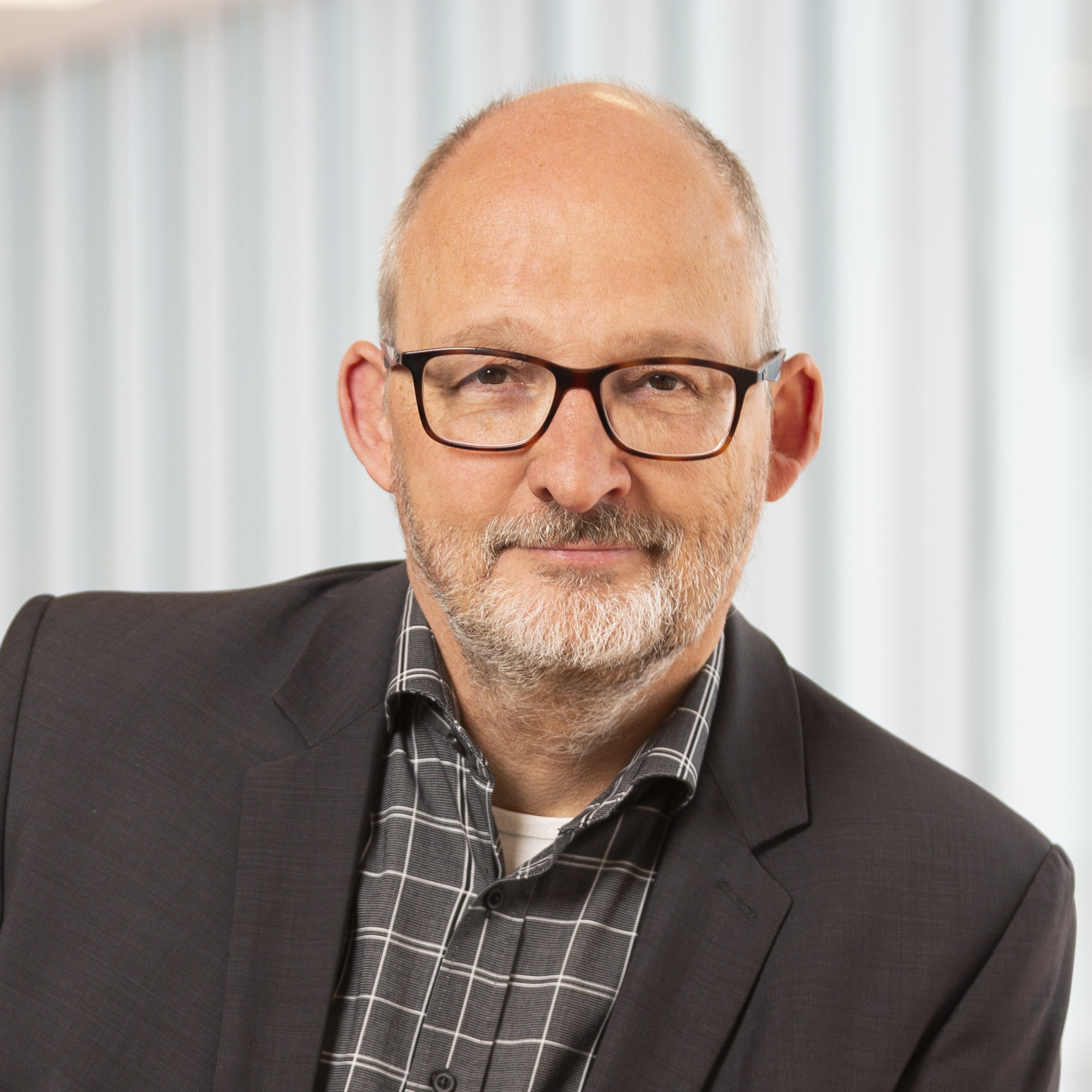
Gène Bertrand
Teacher
Gène has a background in Culture, education and innovation. He is responsible for program development and co-operations at Museumplein Limburg. He was involved in the re-development of the Continium Discovery Center and the realization of the Cube Design Museum and the Columbus Earth Center. He was responsible for the development of the Cube co-creation labs and the design thinking methodologies used in these labs.
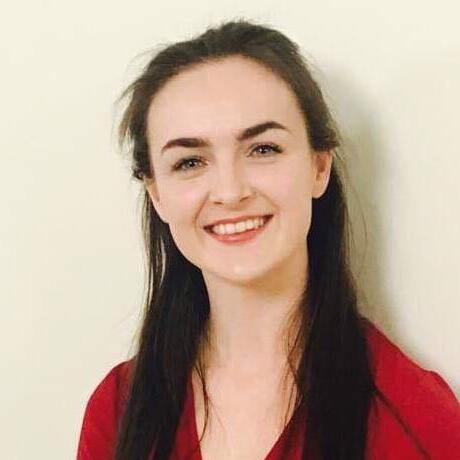
Grace D’Arcy
Teacher
Grace D’Arcy works in the Research and Learning team in Science Gallery Dublin as the Co-creation Coordinator. She manages and delivers the SISCODE project, using design thinking to co-create content with the audience. She also works on the INTEGRITY project, developing tools to stimulate critical awareness around ethical issues in research. She particularly appreciate bringing people together and fostering collaboration.
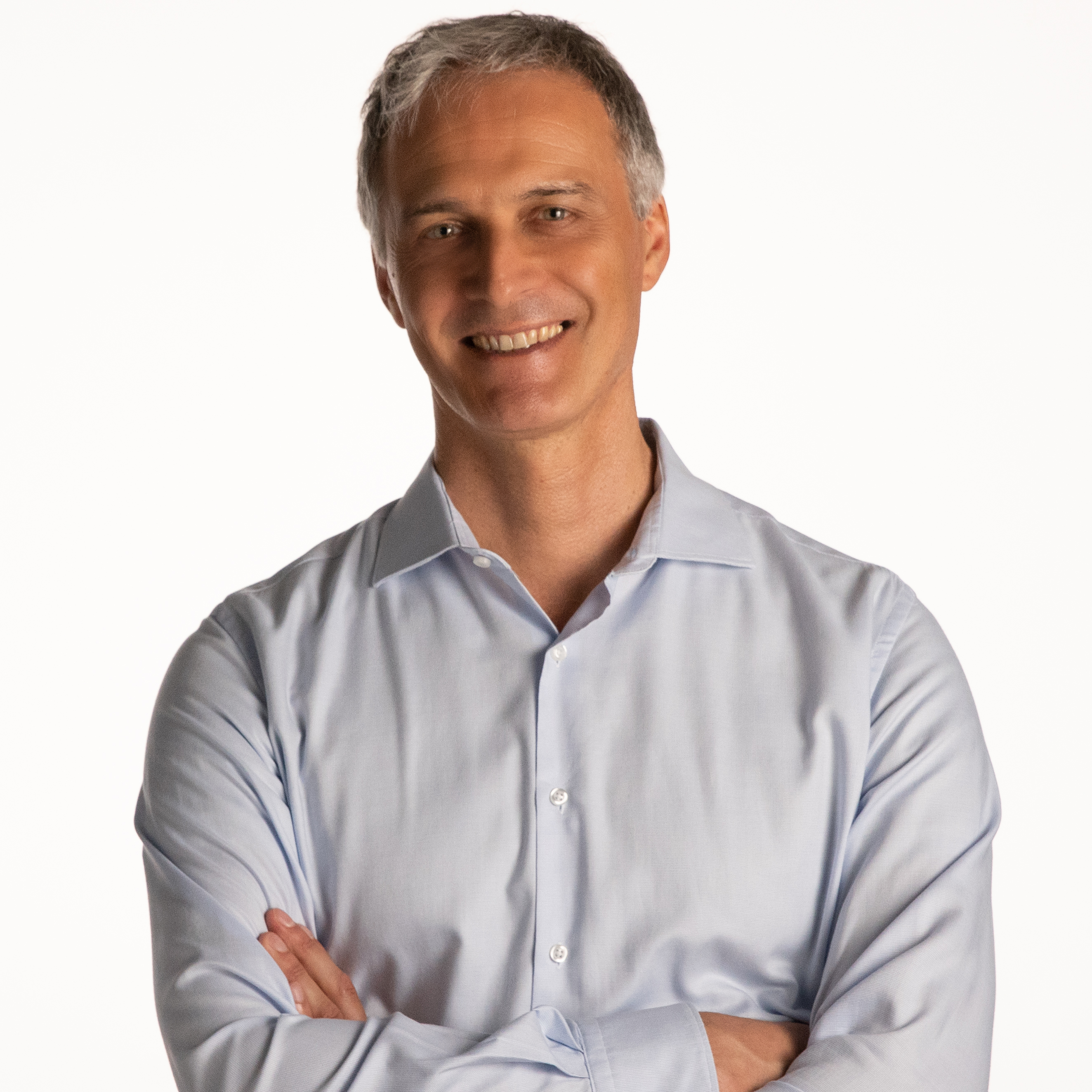
Alessandro Deserti
Teacher
Alessandro Deserti is full professor and head of the Department of Design at Politecnico di Milano. His research is focused on design-enabled innovation processes, methods and tools, with particular reference to their introduction in new fields and to the ways in which their adoption can be combined with systemic and organisational change. He has been actively working as a researcher and coordinator for various EU-funded research projects.
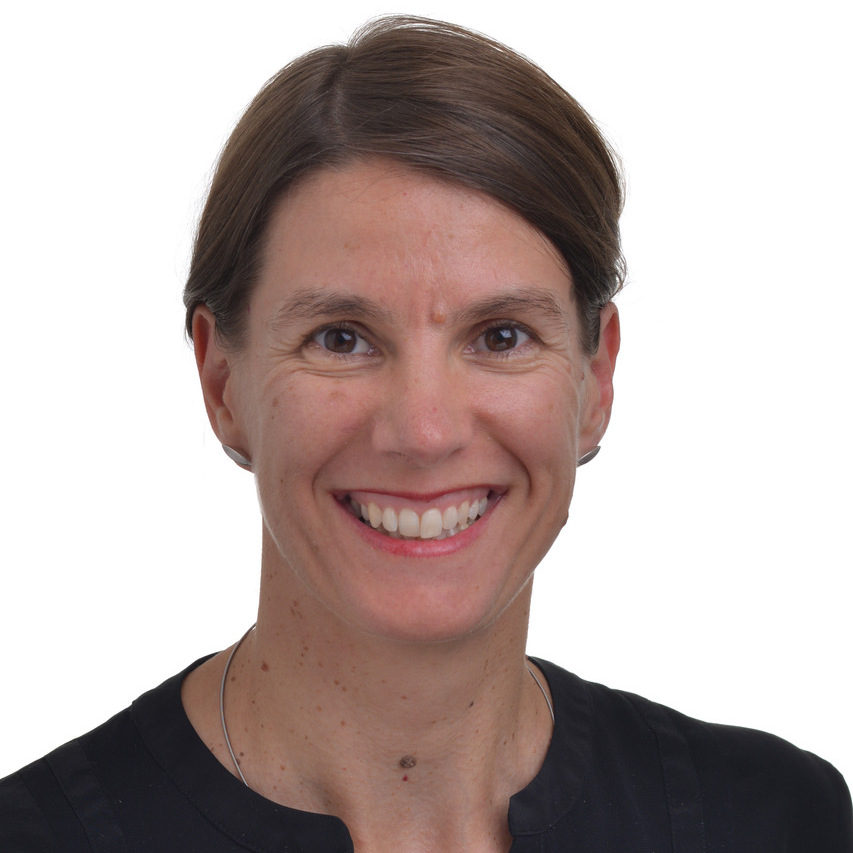
Sabine Junginger
Teacher
Prof. Sabine Junginger, Ph.D., is an expert on the principles, methods and processes of human-centred design. Her research into design theories and design practices relevant to public and private organizations is internationally recognized. In addition, she explores policy-making and policy implementation as activities of design that are especially important to succeed in the digital transformation.
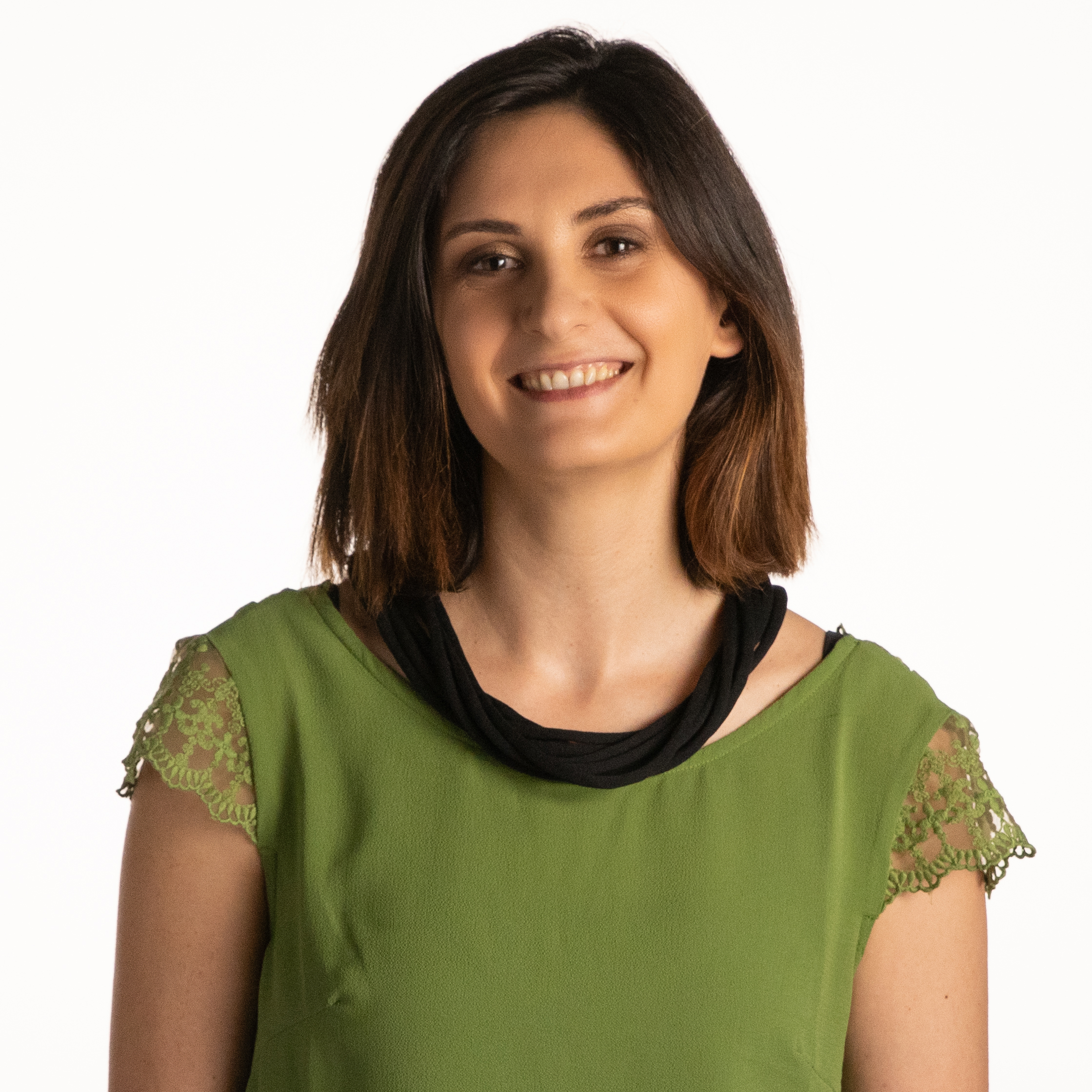
Marzia Mortati
Teacher
Marzia Mortati, Ph.D., is Assistant Professor in Design Innovation and Service Design at the Department of Design of the Politecnico di Milano. She coordinates the MEDes - Master of European Design and is Executive Director of the European Academy of Design. Her research covers the relationship between Design and Innovation in public and private sectors, with a special focus on policy making.
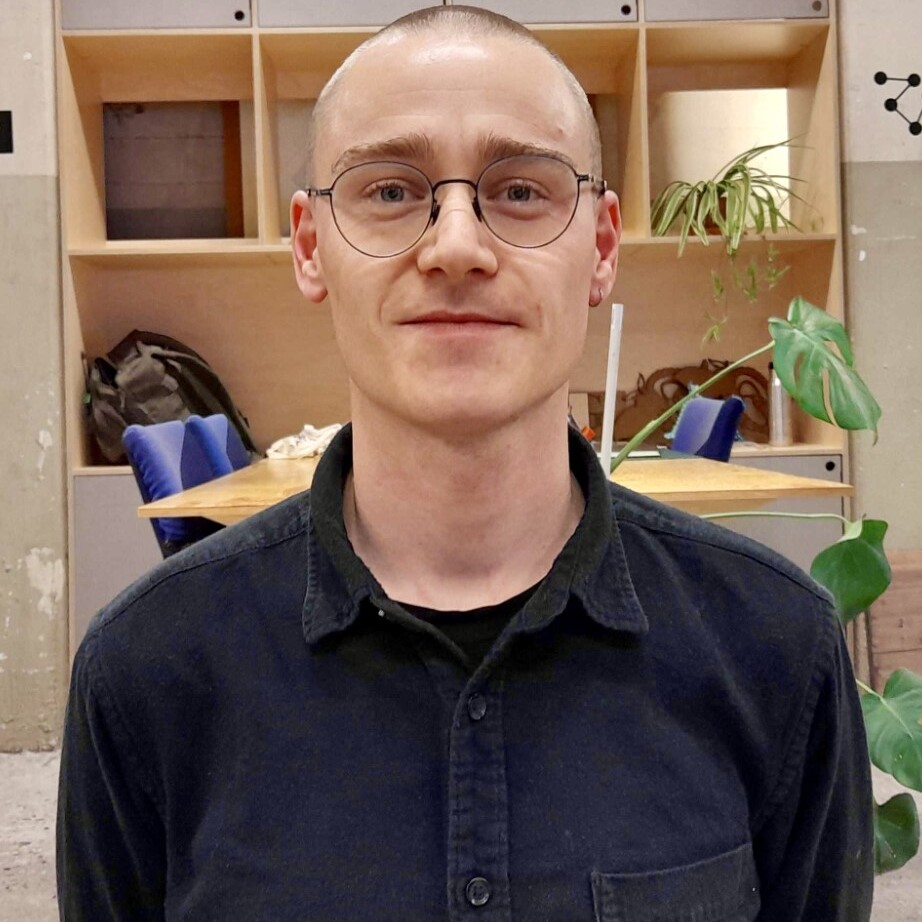
Asger Nørregård Rasmussen
Teacher
Asger Nørregård Rasmussen is educated within the field of Social Entrepreneurship and Management from Roskilde University, Denmark. He is the community and lab manager at Viadukten, which is a collective workshop and co-working space in Copenhagen runned by the association Maker. Asger is project managing Maker’s local activities as part of the SISCODE-project.
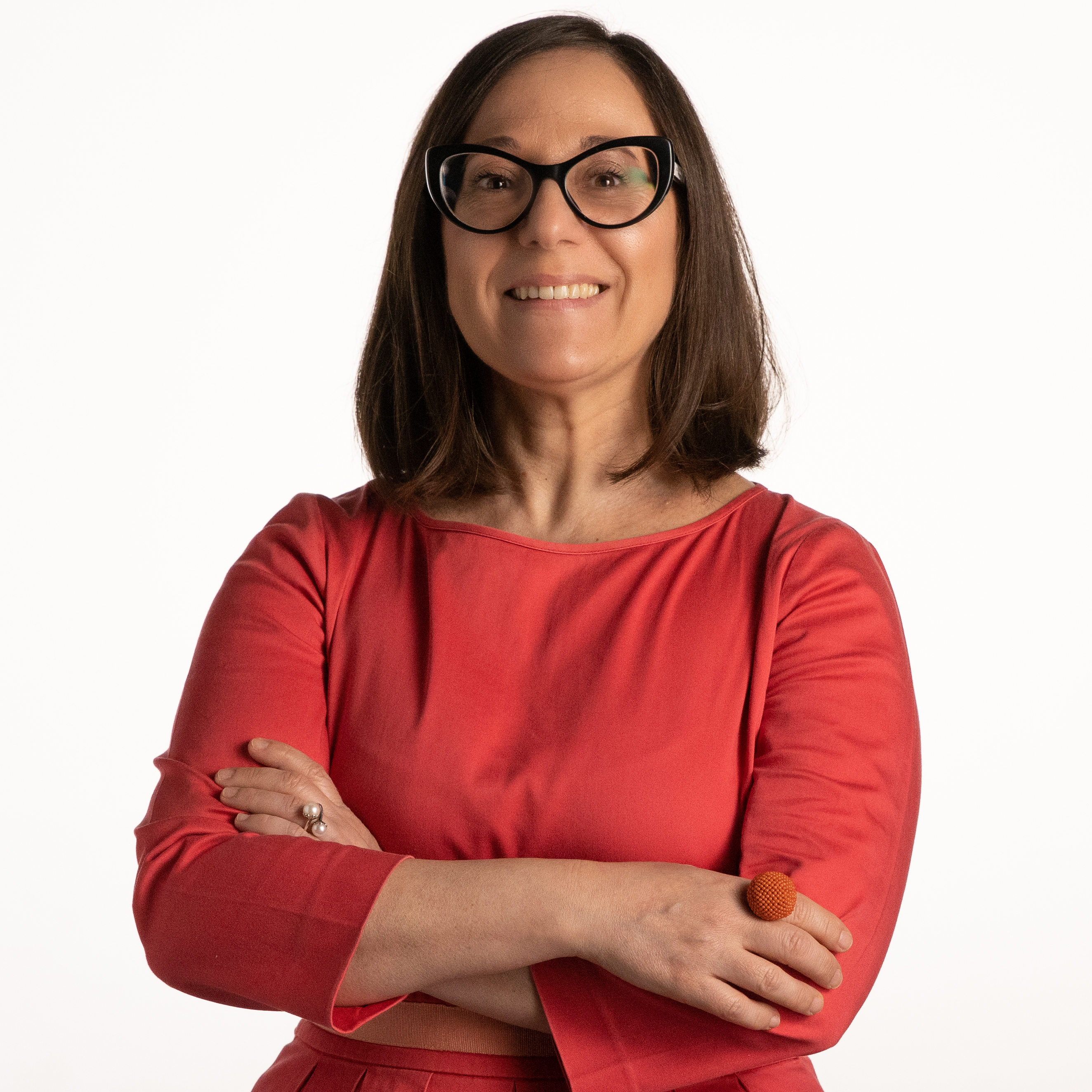
Francesca Rizzo
Teacher
Francesca Rizzo, Ph.D., is Full Professor at Politecnico di Milano, Department of Design where she teaches User Centred Innovation and Digital Design Studio. She is expert in Participatory Design applied especially in the fields of: service design, interaction design, social innovation and public sector innovation. She has been actively working as researcher for various EU-funded research projects and is author of many international publications in Journals and conferences in the field of design research.
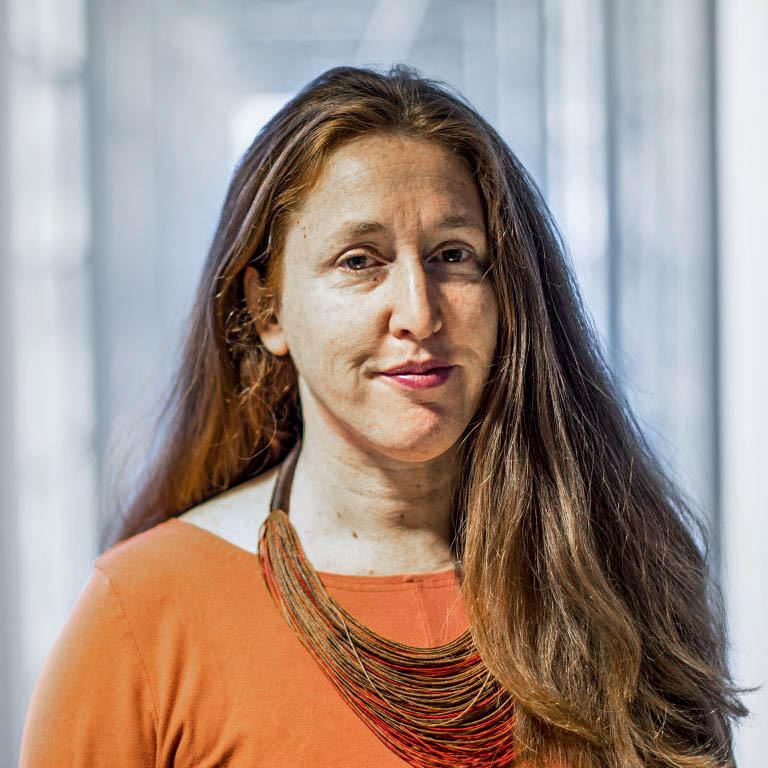
Mariana Salgado
Teacher
Mariana Salgado is a Service Designer in InLand design in the Ministry of the Interior in Helsinki, Finland. She is specialized in participatory design and co-design in the field of cultural heritage and healthcare in developing countries. Her extensive experience as a design researcher include work as a service and interaction designer in numerous European projects and her involvement in participatory- and co-design-projects with vulnerable communities.
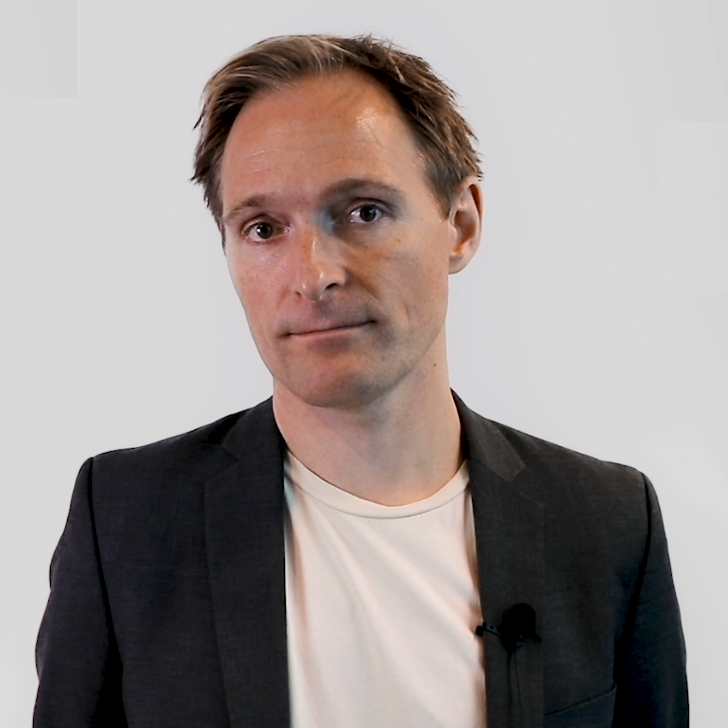
Jakob Schjørring
Teacher
Jakob Schjørring is concept developer at the Danish Bikuben Foundation and former account director at MindLab, the world’s first public innovation lab, where he worked for 10 years. With 200+ public presentations, keynotes and workshops, Jakob has for many years been part of the international community that mainstream and further cultivate the practical field of how user-centered innovation and design thinking can be applied in public sector innovation.

Melanie Smallman
Teacher
Melanie Smallman is Associate Professor in Science and Technology Studies at UCL and Co-Director of the UCL Hub for Responsible Research and Innovation. Her research focuses on how responsibility and ethics is understood and enacted in research and innovation, and how these issues affect public perceptions and social acceptance of technologies.
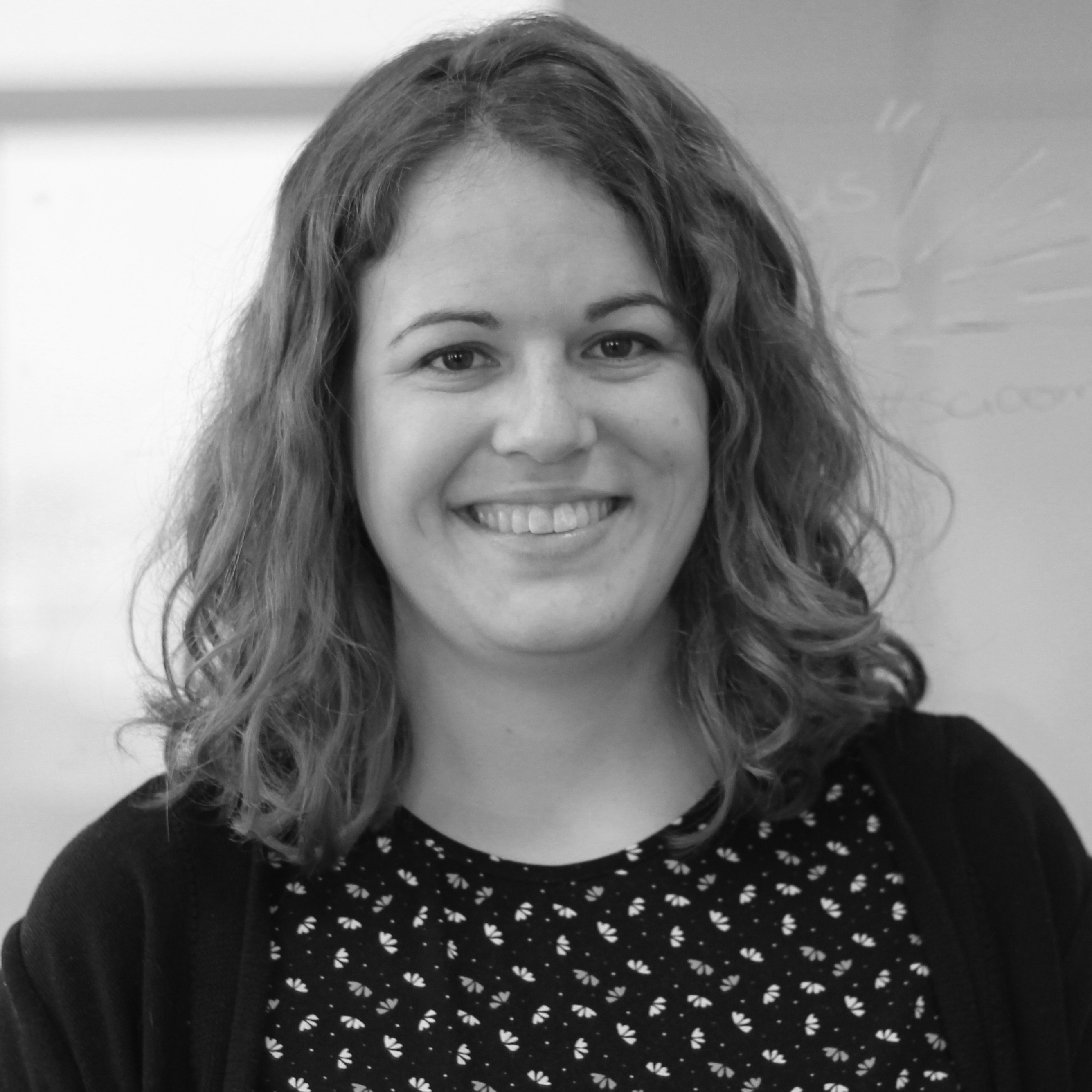
Lucie Steigleder
Teacher
Lucie Steigleder is a project manager at Ecsite, the European network of science centres and science museums. Through her involvement in several European projects ranging from citizen science to innovation and co-creation, she has enriched her experience in citizen involvement and science engagement.
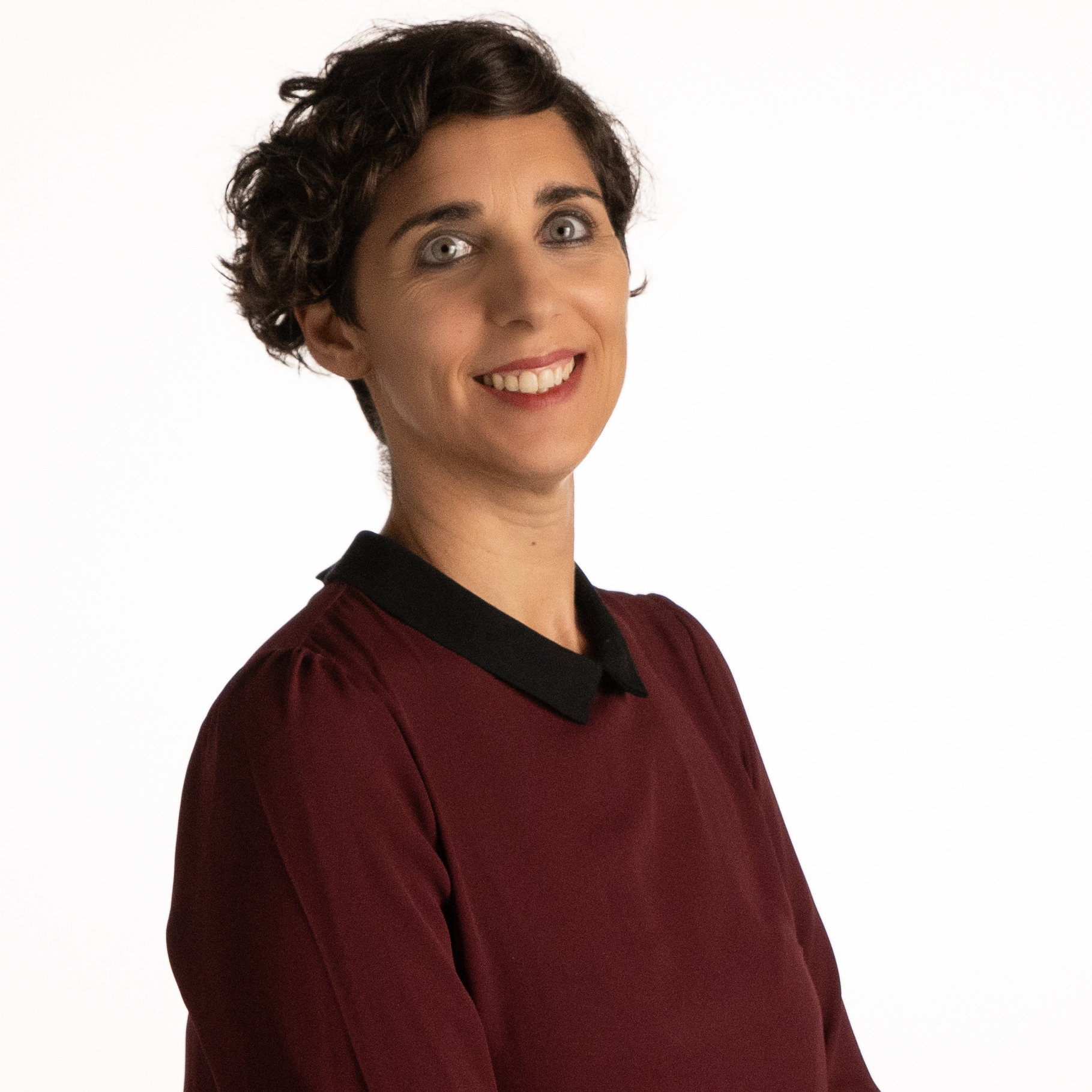
Beatrice Villari
Teacher
PhD in Design. Associate Professor at the Department of Design – Politecnico di Milano. She is a member of the Faculty of Design School teaching Service Design and Design methods. Beatrice is the co-director of the Specializing Master in Service Design. Her main research interests are in service innovation, service design, design for social innovation, and design for policy.
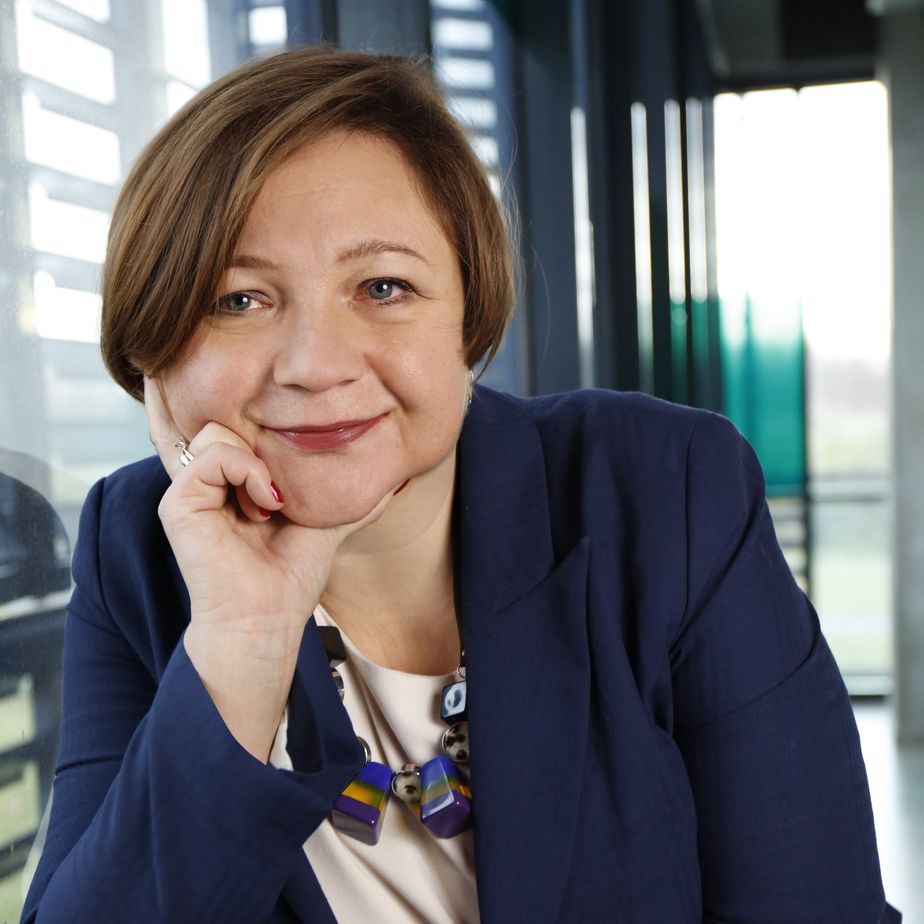
Agnieszka Włodarczyk-Gębik
Teacher
Agnieszka Włodarczyk-Gębik is a project manager with experience in public, private and financial sector. Since 2013, she works at Krakow Technology Park as project coordinator for regional & international projects in the field of smart city, innovation and technology transfer, such as SISCODE. She also coordinates the Krakow Living Lab. She is the author and co-author of studies and publications in the field of smart city and the use of the living lab methodology in businesses and administrative processes.
Contact details
If you have any enquiries about the course or if you need technical assistance please contact pok@polimi.it. For further information, see FAQ page.